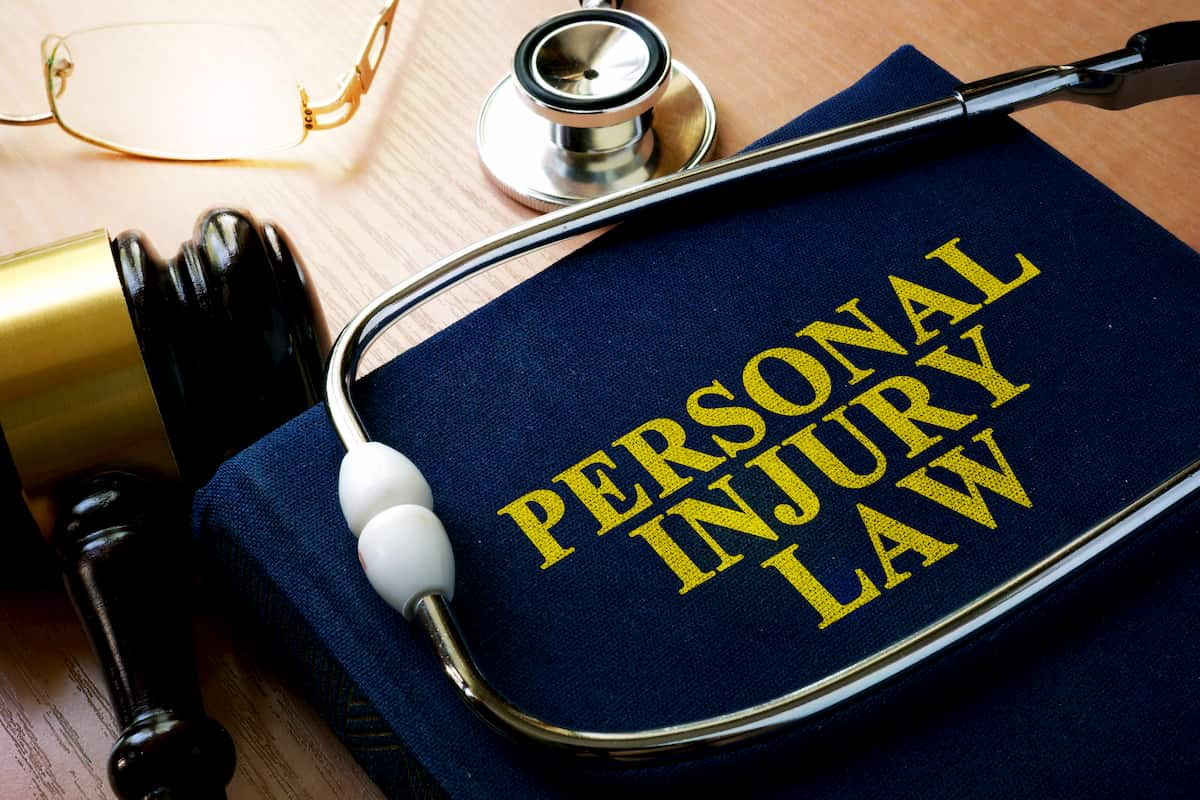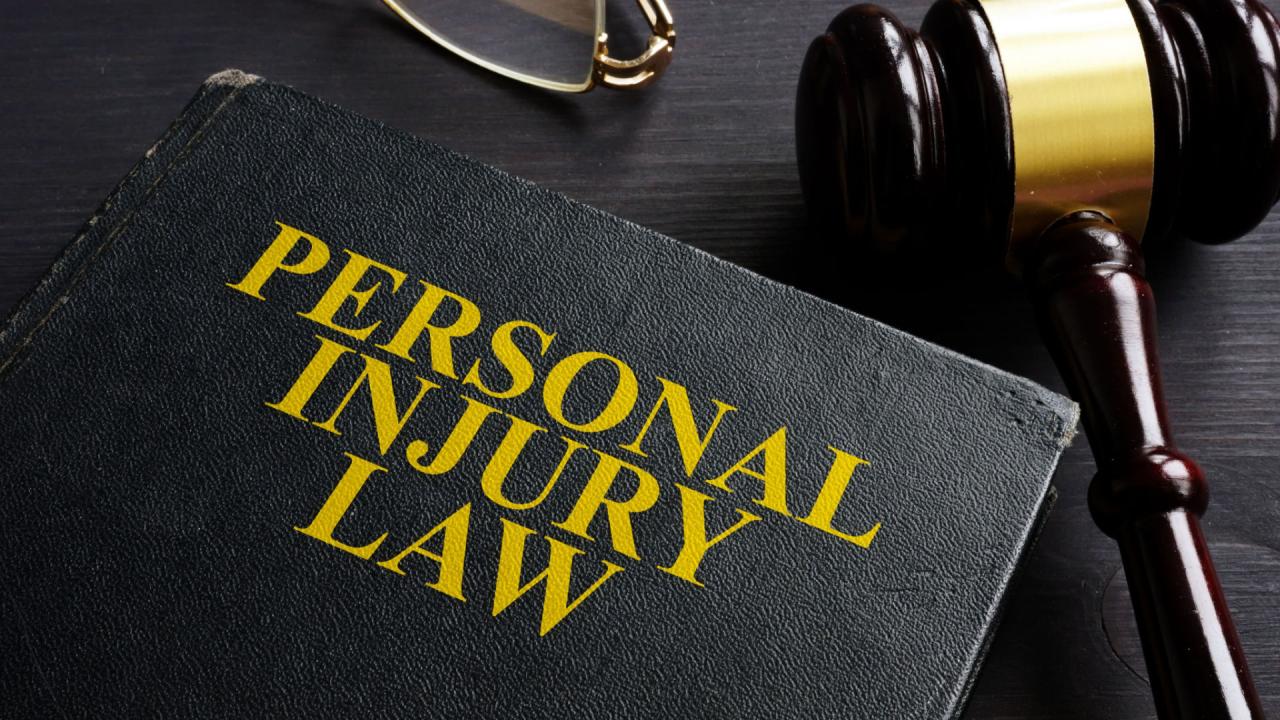
California Personal Injury Law Overview

California’s personal injury law provides a framework for individuals who have suffered harm or injury due to the negligence or wrongful conduct of another party to seek compensation for their losses. Negligence, the cornerstone of personal injury claims, involves a breach of duty of care owed by one person to another, resulting in harm or injury. Fault, on the other hand, refers to the legal responsibility for causing the harm or injury.
Elements of Negligence
To establish negligence in a personal injury case, the plaintiff must prove the following elements:
– Duty of Care: The defendant owed the plaintiff a legal duty to act reasonably and avoid causing harm.
– Breach of Duty: The defendant failed to meet the required standard of care, resulting in the plaintiff’s injury.
– Causation: The defendant’s breach of duty directly caused the plaintiff’s injury.
– Damages: The plaintiff suffered measurable losses as a result of the injury, such as medical expenses, lost wages, or pain and suffering.
Common Personal Injury Cases in California
Personal injury cases in California encompass a wide range of incidents, including:
– Motor Vehicle Accidents: Car accidents, truck accidents, motorcycle accidents, and pedestrian accidents.
– Slip and Fall Accidents: Injuries sustained due to hazardous conditions on public or private property.
– Medical Malpractice: Negligence or errors by healthcare professionals, leading to patient injuries.
– Product Liability: Injuries caused by defective products, such as faulty appliances, medications, or machinery.
– Wrongful Death: Lawsuits filed by family members of individuals who died due to the negligence or wrongful conduct of another party.
Types of Personal Injuries
In California, personal injuries encompass a wide range of physical, emotional, and financial damages resulting from the negligence or intentional acts of another party. These injuries can have profound and long-lasting consequences for victims and their families.
Physical Injuries
- Traumatic Brain Injury (TBI): Severe head trauma causing cognitive, behavioral, and physical impairments.
- Spinal Cord Injury (SCI): Damage to the spinal cord resulting in paralysis, loss of sensation, and impaired motor function.
- Broken Bones: Fractures ranging from minor to severe, requiring extensive medical treatment and rehabilitation.
- Burns: Thermal, chemical, or electrical injuries causing severe tissue damage and scarring.
- Amputations: Loss of limbs or digits due to trauma or medical complications.
Emotional Injuries
- Post-Traumatic Stress Disorder (PTSD): A mental health condition triggered by traumatic events, causing flashbacks, nightmares, and avoidance behaviors.
- Anxiety: Persistent feelings of worry, fear, and nervousness, often resulting from a traumatic experience.
- Depression: A mood disorder characterized by sadness, loss of interest, and difficulty concentrating.
- Emotional Distress: General feelings of anguish, grief, and emotional pain caused by a personal injury.
Financial Injuries
- Medical Expenses: Costs associated with medical treatment, rehabilitation, and long-term care.
- Lost Wages: Income lost due to an inability to work or reduced earning capacity.
- Property Damage: Expenses related to damaged or destroyed personal property, such as vehicles or homes.
- Loss of Earning Capacity: Permanent or temporary reduction in future earning potential due to a personal injury.
Catastrophic Injuries
Catastrophic injuries are severe and life-altering, often resulting in permanent disability or a significant reduction in quality of life. These injuries can have a profound impact on victims and their families, requiring extensive medical care, rehabilitation, and ongoing support. Examples include:
- Paralysis: Loss of motor function in a portion or all of the body.
- Brain Damage: Severe cognitive impairments that affect memory, reasoning, and decision-making.
- Multiple Amputations: Loss of multiple limbs or digits.
- Chronic Pain: Persistent and severe pain that interferes with daily life.
Finding a Personal Injury Lawyer

Hiring a personal injury lawyer is crucial after an accident in California. Experience, specialization, and reputation are key factors to consider when selecting a lawyer.
Interviewing Potential Lawyers
* Ask about their experience handling similar cases.
* Inquire about their success rate and settlements/verdicts obtained.
* Review their online presence, including testimonials and reviews.
Evaluating Qualifications
* Verify their license and standing with the State Bar of California.
* Check for any disciplinary actions or complaints against them.
* Consider their membership in professional organizations, such as the California Trial Lawyers Association.
The Personal Injury Claims Process
Filing a personal injury claim in California involves several key steps. Understanding these steps can help you navigate the process effectively.
The first step is to gather evidence and documentation related to your injury, such as medical records, witness statements, and police reports. This evidence will support your claim and demonstrate the extent of your injuries and damages.
Role of Insurance Companies
Once you have gathered evidence, you will need to file a claim with the insurance company of the at-fault party. The insurance company will investigate your claim and determine if they believe you are entitled to compensation.
The negotiation process involves discussions between you or your attorney and the insurance company to reach a settlement that fairly compensates you for your injuries. Negotiations can be complex, and it is important to have a clear understanding of your rights and the value of your claim.
Pursuing a Lawsuit
If negotiations fail to produce a satisfactory settlement, you may consider pursuing a lawsuit. This involves filing a complaint with the court and going through a trial process to seek damages from the at-fault party.
Damages and Compensation

Personal injury cases can result in various types of damages, which are awarded to compensate victims for their losses and suffering.
Damages can be categorized into three main types: compensatory, punitive, and nominal. Compensatory damages aim to restore the victim to their pre-injury condition, covering expenses such as medical bills, lost wages, and pain and suffering. Punitive damages are awarded in cases of gross negligence or willful misconduct to deter similar behavior in the future. Nominal damages, though rarely awarded, acknowledge a legal wrong without substantial financial loss.
Calculating damages involves considering factors like the severity of the injury, lost earning capacity, and non-economic losses such as pain and suffering. Awards can vary significantly depending on the specific circumstances of each case.
Special Considerations
Personal injury cases involving minors, the elderly, or individuals with disabilities present unique challenges and considerations.
Minors and the Elderly
Minors and the elderly may have limited capacity to understand their legal rights and make informed decisions. They may also be more vulnerable to exploitation or coercion. As such, it is crucial to have an experienced personal injury lawyer who can protect their interests and ensure they receive fair compensation.
Individuals with Disabilities
Individuals with disabilities may face additional barriers in pursuing personal injury claims. They may have difficulty communicating their needs, understanding legal proceedings, or accessing necessary medical care. A lawyer can assist them in navigating these challenges and advocating for their rights.
Comparative Negligence
California follows a comparative negligence rule, which means that the plaintiff’s compensation may be reduced if they are found to be partially at fault for their injuries. The jury will determine the percentage of fault attributable to each party and reduce the plaintiff’s award accordingly.
Navigating the Legal Process
When representing minors, the elderly, or individuals with disabilities, it is essential to be sensitive to their specific needs and circumstances. Lawyers should use clear and concise language, explain legal concepts in a way that is easy to understand, and provide ample time for clients to ask questions. Additionally, they should work closely with family members, guardians, or other support persons to ensure that the client’s best interests are protected throughout the legal process.





